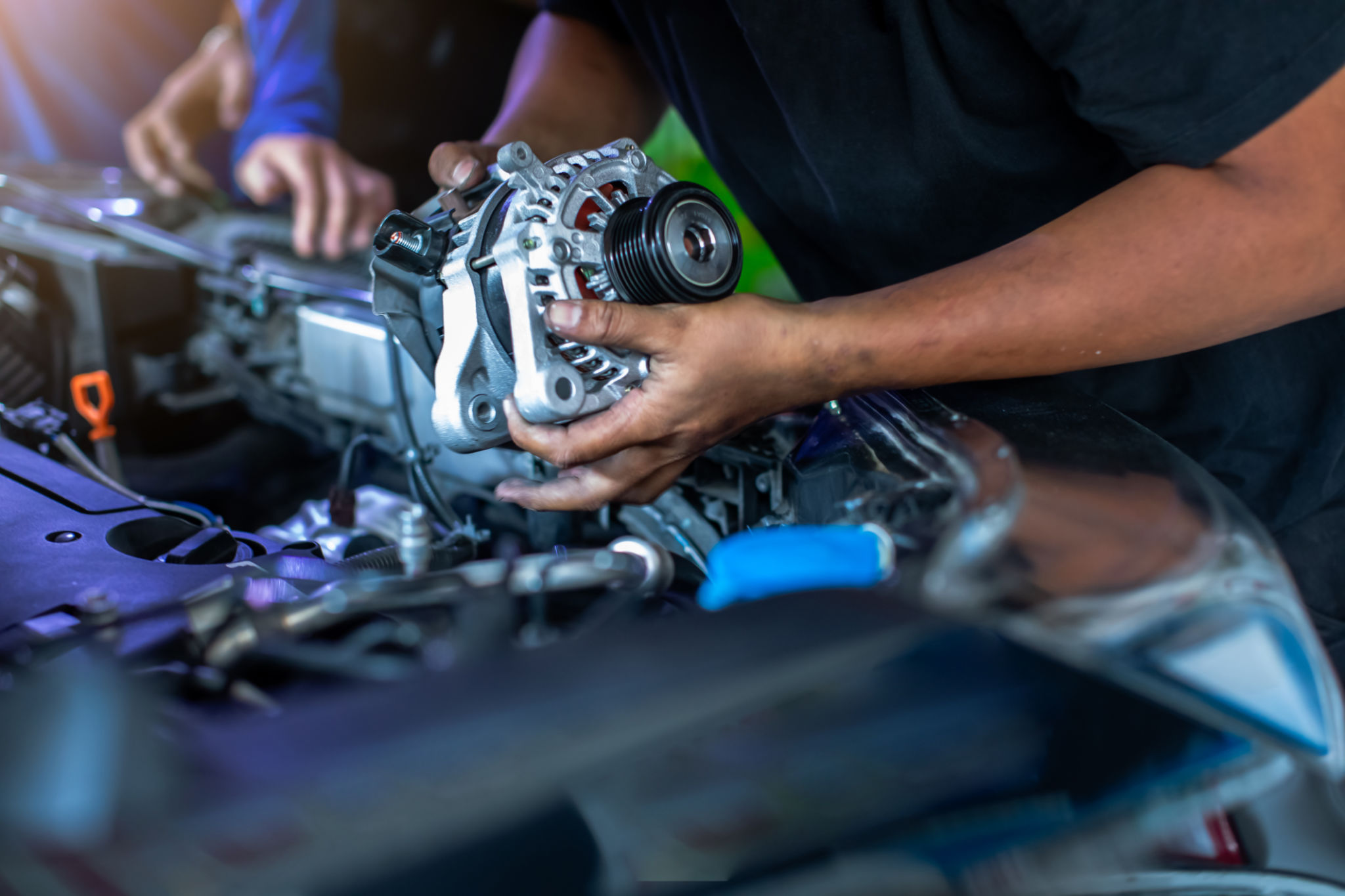DIY Tips for Troubleshooting Common Auto Electrical Issues
Understanding the Basics of Your Car's Electrical System
Your car's electrical system is a complex network that powers everything from the ignition to the headlights. Understanding the basics can help you troubleshoot common issues. The primary components include the battery, alternator, and starter. These parts work in harmony to ensure your vehicle runs smoothly.
A weak or dead battery is often the first sign of electrical trouble. To check, ensure the battery terminals are clean and free of corrosion. A simple cleaning with a wire brush can sometimes solve the issue.

Diagnosing a Faulty Alternator
The alternator charges the battery while the engine runs. If your car's electrical components start to fail while driving, the alternator might be the culprit. A multimeter can help you test the alternator's output. Ideally, it should read between 13.8 to 14.2 volts.
Listen for unusual sounds, such as grinding or whining, which may indicate an alternator issue. If you're uncomfortable with testing, it might be best to consult a professional mechanic.

Starter Motor Problems
If your car doesn't start, the starter motor may be malfunctioning. Check for a clicking sound when you turn the key. This noise often signals a problem with the starter or the solenoid.
Inspect the wiring and connections to ensure they are secure. Sometimes, tapping the starter lightly can temporarily fix the problem, but this is not a long-term solution.

Handling Blown Fuses
Blown fuses are a common issue that can cause various electrical failures. Locate the fuse box, usually found under the dashboard or in the engine compartment. Refer to your owner's manual to identify the correct fuse.
Replace the blown fuse with one of the same amperage. If the new fuse blows again quickly, it may indicate a more serious electrical fault that needs professional attention.
Dealing with Dim or Flickering Lights
Dim or flickering lights can be a sign of a weak battery or a failing alternator. Sometimes, it may be due to loose connections. Check the wiring and ensure all connections are tight.
If the issue persists, consider checking the light bulbs themselves. Replacing old or faulty bulbs can often resolve the problem.

Preventive Maintenance Tips
Regular maintenance can prevent many electrical issues. Keep battery terminals clean and check the battery's charge regularly. Ensure that the alternator belt is in good condition and properly tensioned.
Additionally, inspect the car's wiring periodically for wear or damage. Early detection of potential problems can save you time and money in the long run.

When to Seek Professional Help
While DIY troubleshooting can resolve many common electrical problems, some issues require professional expertise. If you're unsure or uncomfortable with any step, it's best to consult a trusted mechanic.
Professional assistance ensures that the problem is correctly diagnosed and fixed, preventing further damage to your vehicle's electrical system.